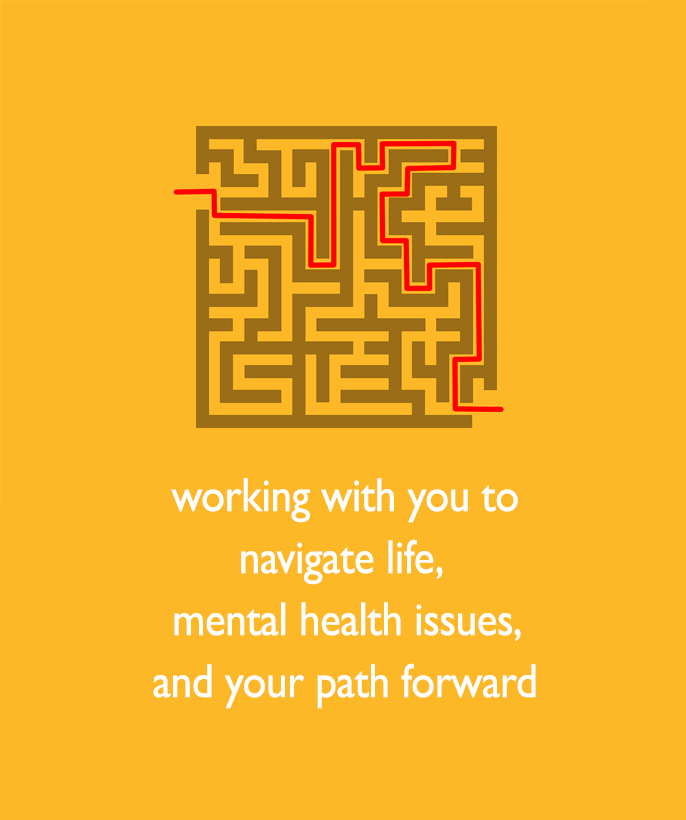FAQ
If you recognize a need or a desire to improve your behavioural, thinking or emotional effectiveness then undertaking therapy is the right step for you. Often having the assistance of a neutral, qualified professional can help you to alter or remove the blind spots which are impeding your ability to function at your optimal level.
Prior to your first session, if you haven’t previously visited your GP, consider discussing your circumstances and obtaining a Mental Health Care Plan (MHCP). Take some time to identify the main issues motivating you to seek treatment. You should also take time to think about what you would consider to be a successful outcome as it is from this thinking that effective treatment goals are developed and the shared nature of the therapy relationship becomes evident.
This depends on the complexity both of your presenting issue, its impact on your current functioning and your degree of commitment to change and the therapy process.
This depends on your presenting problem, your preferred method of treatment and your current level of functioning and risk. In many cases, the most effective method of treatment is a combination of medication and therapy so you may need the services of both a psychologist and a psychiatrist. Consultation with your referrer may help you to clarify this question.
To access treatment services at the bulk billed rate from this practice, you will require a referral from your GP, your Psychiatrist (if you have one), or your paediatrician. If you choose not to access treatment services at the bulk billed rate then you do not require a referral from your GP.
The following link explains what a MHCP is and how it can be generated by your referring practitioner. Fact Sheet
Covered appointments are for the individual named only, not couples, and not in the same 24 hour period.
You are able to transfer your MHCP to a different psychologist, however you will need to ensure that the referrer amends the referral to the psychologist you wish to have your care transferred to.
The majority of what you tell your psychologist is confidential, however there are three specific circumstances in which your confidentiality cannot be guaranteed. These circumstances are:
- Where to do so places the client or others at risk of mental or physical harm
- When issues which raise concerns regarding child protection/child welfare are discussed, particularly where the psychologist would have cause to believe that children were at current actual risk or at imminent risk of abuse or neglect, and
- When issues relating to involvement in criminal activity are raised in session.
The limits of confidentiality will be discussed with you at your initial session to allow you to make an informed decision on your desire to commence treatment.
A psychologist is required to divulge your information with written consent provided by their client, in response to a subpoena from the court and in situations, which violate the limits of confidentiality.
It can take up to six weeks from the time of your contact for an initial consultation to become available.
We recommend clients who wish to book ongoing appointments do so at the conclusion of their session to secure availability.
If you are in Crisis you should - if you are able - present to your local Hospital Emergency Department for assessment and immediate treatment. If you cannot access your local ED, then you should ring 000 for immediate assistance from appropriate emergency services.
Other services you can contact include:
- Lifeline – 13 11 14 (24/7 crisis support)
- Kids Help Line – 1800 551 800 (24/7 Crisis Support)
- MensLine – 1300 789 978 (24/7 Crisis Support)
- NSW Mental Health Access Line - 1800 011 511 (24/7 triage and assessment services)
- Veterans and Veterans Families Counselling Service – 1800 011 046 (24 hour hotline service)


